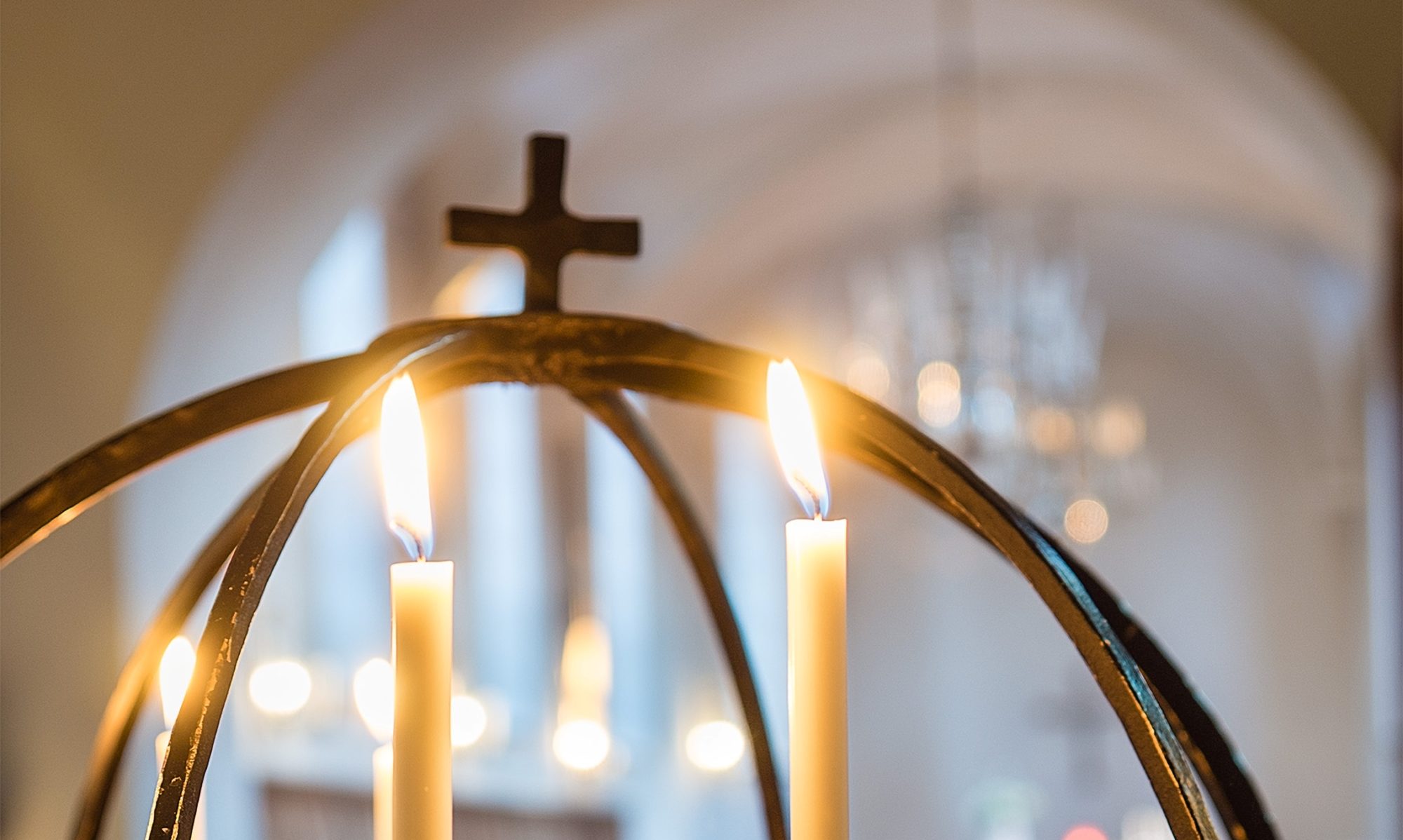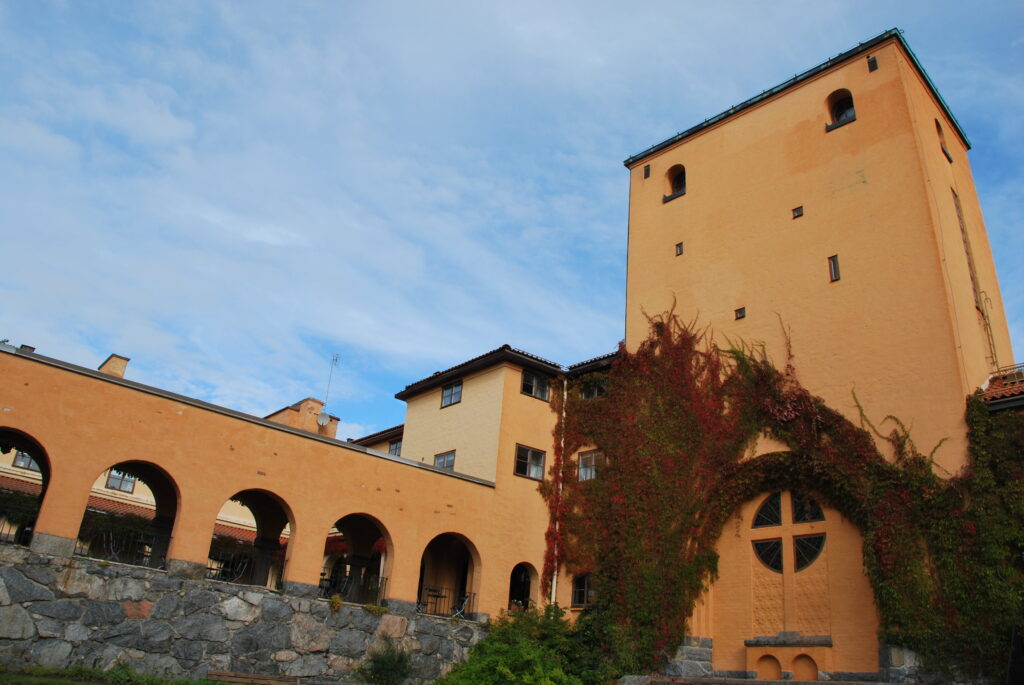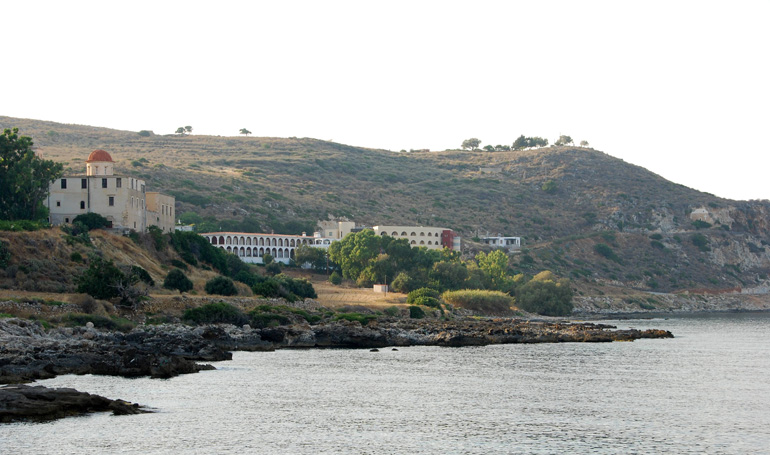Academies during the Covid-19 Crisis
In German-speaking countries „systemrelevant“ is probably the most popular word in political circles during the Covid-19 crisis. It is best translated into English as “relevant for the system” or “indispensable for the system to function”. Whatever is relevant to the system needs to be kept functioning even during the hardest lockdown. It needs to be sufficiently financed, resourced and supported. But what is with “the rest”?
And what is meant by “system”? During the 2007-2009 financial and economic crisis, the term was also used. At that time it was clear: “system” meant the financial and prevailing economic system. Some banks were regarded as “too big to fail” and had to be heavily supported by public, tax-payer’s money in order not to get bankrupt. “System” stands for critical infrastructure.
In the Covid-19 pandemic, we discover anew that it is the people in the service-sector which are equally as relevant to the system; people that during the crisis often work beyond their limits and which are thus far not sufficiently honored and usually underpaid in our societies. They cannot work in homeoffice, while most people are asked to reduce their contacts to a minimum. They keep the infrastructure alive, especially for those effected by the virus and the most vulnerable in our societies. I am thinking of nurses in hospitals or in homes for elderly people, those who provide food, stand at the cashier in the supermarket , teachers, doctors.
It is a difficult balance to strike between fighting the pandemic and keeping the critical infrastructure alive. It is difficult to decide between necessary measurements fighting the pandemic and in securing the survival of the most vulnerable affected by shutdowns. Should schools and kindergarden be open? How do we secure the survival of restaurants and hairdressers, of people in the cultural and tourist sector?
In this context, it is also discussed whether churches or church-related institutions, as for instance, Christian academies are relevant for the system. For many it is evident that the diaconal work and counselling are indispensable. But what about the churches’ spiritual and educational work? For Wolfgang Huber, the former Chairperson of the Council of the Protestant Churches in Germany, this is not at all the right question. Churches and their institutions are not there to serve the system, their task is to give witness to the liberating message of gospel and thereby responding to the existential questions of humankind.
Therefore, religious freedom is a highly protected good, also in times of a pandemic. Article 9 of the European Human Rights Convention stipulates, the right to exercise one’s religion, alone or together with others, can only be limited by very special circumstances. One of these special circumstances, according to Art 9, is a threat to public health. Again a difficult balance to strike!
In most countries worship services, funerals and individual counselling were permitted, though under strong hygienic rules. And churches and their institutions did abide to the general rule to keep physical distance between people, but they continued to work for social proximity.
Academies offered spiritual events as well as orientation in new and creative forms, in times in which many people feel to be lonely, in stress or in despair. They cared for the people, gave witness and invented new electronic and participatory formats and methodologies in order to keep in touch with people who usually would meet face-to face in conferences. They initiated virtual debates on issues related to the pandemic as well on issues which needed more attention at a time where the pandemic seemed to be the one and only real topic. A key question still is: what will be the future beyond the pandemic. Which are the experience and learning effect during the crisis, to which “the system” needs to be adjusted or changed. In this sense, the Academies are “relevant to the system” and faithful to their calling.
But despite all these efforts, Academies together with the whole of society are looking forward to the time, where encounters and discourses are possible again as real events, where conference halls, dining halls and chapels are filled again with friendly and reflective people from all walks of life. As Martin Buber said: “All real living is meeting”, meeting face-to face, not just in the virtual cloud. Also this is indispensable for human beings.
Rüdiger Noll, Executive Secretary Oikosnet Europe



